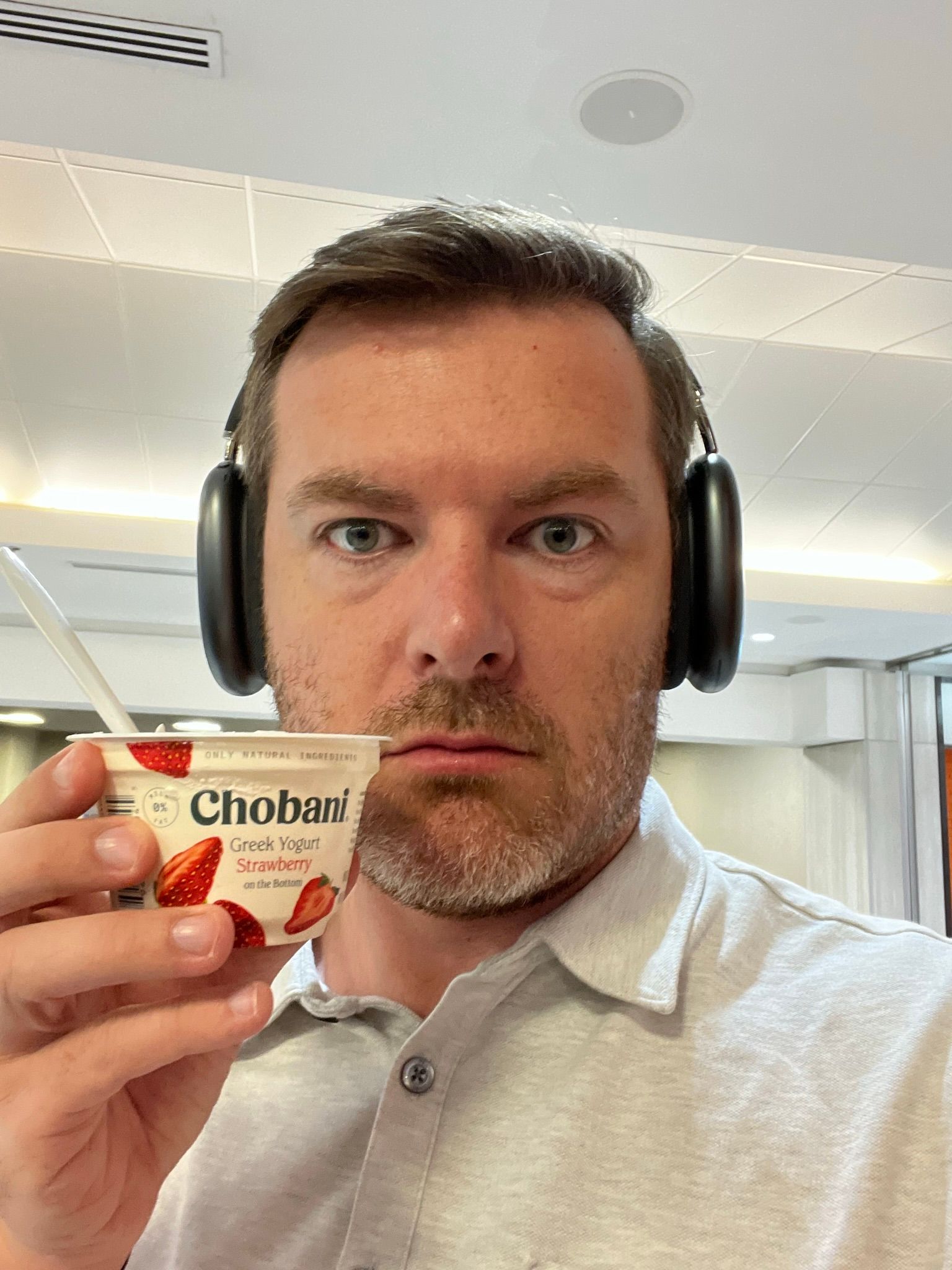Nilay Patel is the editor in chief at The Verge and recently faced a predicament that many tech-savvy children of less tech-savvy parents face: Getting them a new computer.
In many ways, now is the best time in history to buy a new computer. Never before have such powerful machines incased in such beautiful hardware been available for so little money. But at the same time, now may be more confusing then ever to buy a computer as we are forced to choose between a traditional PC device, a tablet device, or the device that sits in the middle; a chromebook.
Anyway, when my mom asked me for a laptop so she could more easily use her hospital's medical records system while traveling, I instinctively went to order her the new Retina MacBook. It's small, beloved by my Verge coworkers who have them, and it is indeed sleek as hell.
Two default options that I myself would probably look to first. Now here's where it gets interesting.
But the more I thought about buying my mom a new Mac, the more I came to believe it was a terrible idea. New Macs (and new Windows PCs, for that matter) are complicated. They mix interface metaphors with wild abandon, and they're stuffed full of software my parents would never need. (Or that I would want to support: thinking about walking my mom through iTunes filled me with dread.) When it came right down to it, what they needed was a great desktop-class web browser that could connect to her hospital's Citrix system, a killer display, and a nice keyboard. They have iPhones and iPads for their app needs and an iMac at home for whatever else might pop up. Why overthink it?
Now look, obviously his parents are doing ok. They already have iPhones, iPads, and an iMac. This is obviously not the case for most people, but the comments around traditional desktop computers still ring true.
So now my mom has a computer that doesn't ever ask her to update software or try to kick her into other apps (and other user interface patterns) and away from the web. She has access to all of her Google accounts (of course) and she has access to all of her Apple stuff in a way that actually tracks much more closely to her experience on iOS. When she asked me how to get music, she actually answered her own question before I even started to speak. "I'll just use YouTube," she said, confidently. Within a day or two, she and my dad had started watching entire old Bollywood movies on YouTube, something they'd never tried to do on their iPads or iMac. By doing so much less, the Pixel encourages my parents to explore so much more.
Very interesting. In particular, the last statement that doing less encourages users to do more. This is one of the same reasons why I believe iOS and Andriod devices have seen such unprecedented growth and success.
It's not all daisies and roses, however. There were and continue to be a handful of shortcomings.
Her work system is basically the only hiccup — there's a version of Citrix Receiver for Chromebooks, but it's up to individual systems administrators to actually enable and support it. My mom has had real trouble logging into her hospital system; it works, but inconsistently.
However, much like iOS, these shortcomings are largely due to legacy technology systems and technology that are still in use, but will inevitably be replaced at some point.
The question still remains: Where do these devices fit into our lives? For how long will the traditional PC be necessary to get work done and to stay compatible? And which form factor will win out in this space, tablet devices or inexpensive browser-based devices in familiar form factors? Or something else entirely?
To me, though, it's not a matter of "if," but a matter of "when." Usability always wins in the end.
